
PhD
Advanced Research Fellow
- About
-
- Email Address
- brendan.gabriel1@abdn.ac.uk
- Office Address
Office 5.045, The Rowett Institute,
The University of Aberdeen,
Ashgrove Rd W, Aberdeen,
AB25 2ZD
Tel: 00447741900963
- School/Department
- School of Medicine, Medical Sciences and Nutrition
Biography
Overview
My research primarily focuses on the role of skeletal muscle in disease pathology, taking into account the principles of chronobiology. In addition, I investigate the potential of physical activity as a treatment or preventative intervention in metabolic disease, considering the influence of circadian rhythms on skeletal muscle metabolism.
My Research Vision
I aim to drive improvements in metabolic disease treatment and prevention by conducting ambitious, multimodal research in a supportive and inclusive environment.
Appointments
2020: Research Fellow in Cardiovascular and Diabetes Science, The Rowett Institute, University of Aberdeen.
2019-2020: Research Fellow, Centre for Cardiovascular Science, University of Edinburgh.
2015-2019: Research Fellow, Institute for Physiology and Pharmacology, Karolinska Institute.
2015-2016: Visiting Fellow, Novo Nordisk Foundation Center for Basic Metabolic Research, University of Copenhagen.
2010-2015: PhD, Institute of Medical Science, University of Aberdeen.
Memberships and Affiliations
- Internal Memberships
-
- Aberdeen Cardiovascular and Diabetes Centre
- The Rowett Institute of Nutrition and Health, Ethics Committee Panel Member, 2020-ongoing
- Rowett Seminar Series Organiser, 2021-ongoing
- Go Abroad Lead Tutor for SMMSN 2023-ongoing
- Personal Tutor to SMMSN students - ongoing
- External Memberships
-
- The Research Foundation of Flanders (FWO) - Review College panel 2024-2026.
- UKRI Biotechnology and Biological Sciences Research Council (BBSRC), Ad-hoc reviewer
- UKRI Medical Research Council (MRC), Ad-hoc reviewer
- Swiss Foundation for Research on Muscle Diseases, Ad-hoc reviewer
- Diabetes Wellness Sverige, Ad-hoc reviewer
- The Physiological Society, Symposium organiser, Newcastle, UK, 2024
- Scandinavian Physiological Society, Special Interest Group organising committee member, Newcastle, UK, 2024
- Nutrition Society – Circadian Rhythms in Health and Disease, Aberdeen, UK co-organiser, 2024
Prizes and Awards
- University of Aberdeen Excellence Awards ‘Outstanding Postgraduate Research Supervisors Award’ (2024)
- Innovator in Diabetes (IDia), Diabetes UK (2020)
- European Foundation for the Study of Diabetes (EFSD)/Lilly - Young Investigator Research Award (2020)
- Research
-
Research Overview

Overview
My research primarily focuses on the role of skeletal muscle in disease pathology, taking into account the principles of chronobiology. In addition, I investigate the potential of physical activity as a treatment or preventative intervention in metabolic disease, considering the influence of circadian rhythms on skeletal muscle metabolism.
My Research Vision
I aim to drive improvements in metabolic disease treatment and prevention by conducting ambitious, multimodal research in a supportive and inclusive environment.

Our team presented data at Physiology 2023 in the spa town of Harrogate. Both PhD students presented talks at the conference.

The Rowett Institute Hiking Group participate in physical activity near Balmoral Castle in beautiful Aberdeenshire
Research Areas
Accepting PhDs
I am currently accepting PhDs in Biomedical Sciences, Applied Health Sciences, Nutrition and Health.
Please get in touch if you would like to discuss your research ideas further.
Applied Health Sciences
Accepting PhDsNutrition and Health
Accepting PhDsResearch Specialisms
- Exercise for Health
- Diabetes
- Metabolic Biochemistry
Our research specialisms are based on the Higher Education Classification of Subjects (HECoS) which is HESA open data, published under the Creative Commons Attribution 4.0 International licence.
Current Research
Identifying novel skeletal muscle targets for obesity treatment and prevention.
Skeletal muscle is important in the pathology of obesity and other metabolic diseases as it is the major postprandial glucose depot and oxidises a large proportion of postprandial lipids. Approximately 40% of the human body is comprised of skeletal muscle, which contributes the largest quantitative component of energy expenditure in the body. Notably, the muscle of obese individuals may be energetically impaired in comparison to non-obese individuals. One of my core projects, uses data generated from a polygenic mouse model, alongside human validation to identify new targets which are causal for obesity. Several factors contribute to obesity development including a genetic predisposition. However, there are thought to be many, as yet, unidentified or uncharacterised inherited traits involved in obesity development. Ultimately, discovery and characterisation of these inherited traits could lead to more targeted treatments for obesity. Data generated from this project could steer future research regarding more personalised treatment/preventative interventions. This research is funded by the Novo Nordisk Foundation.
Using chrono-medicine to optimise concomitant metformin and exercise prescription.
Additionally, skeletal muscle is a highly plastic tissue which responds beneficially to exercise training. Indeed, exercise may be one of the most potent clinical interventions in this tissue. People with Type II Diabetes (T2D) are often prescribed metformin and encouraged to engage in regular physical activity. However, many people with T2D do not meet the recommended physical activity guidelines and report more relapse from physical activity than the general population. Recent studies suggest that although metformin is an effective treatment strategy of T2D, patients undergoing this treatment may have an ablated beneficial response to exercise. Our recent work has shown disturbances in the intrinsic rhythmicity of circadian metabolism in skeletal muscle of people with T2D. These results underscore the need to consider approaches in chrono-medicine when prescribing pharmacological therapy for T2D. With this in mind, this parallel project aims to test the hypothesis that metformin interferes with exercise induced signal transduction in skeletal muscle. Additionally, we aim to test whether timed treatment can improve the beneficial effects of these combined therapies. This project is funded by the European Foundation for the Study of Diabetes (EFSD).

A schematic diagram of the speculated interactions between type 2 diabetes and skeletal muscle Zeitgebers
Contraction increases calcium influx, resulting in binding of the phosphorylated form of cAMP response element-binding protein (CREB) to the Per2 promoter and a ‘re-setting’ of Per2 mRNA rhythmic expression (Small et al. 2020). Metformin, type 2 diabetes, exercise and ageing can all act to modulate calcium metabolism and mitochondrial function (Short et al. 2005; Weisleder & Ma, 2008; Eshima et al. 2014; Loubiere et al. 2017). Glucose metabolism is altered in response to exercise at different times of day (Savikj et al. 2019), and this may also play a role in molecular circadian rhythm regulation, given the role of cellular glucose metabolism in regulating non-transcriptional rhythmic processes (Ch et al. 2021). Dashed lines indicate speculated effects, continuous lines represent interactions with more evidence. Image and legend from Gabriel & Zierath (2021, The Journal of Physiology)
Symposia
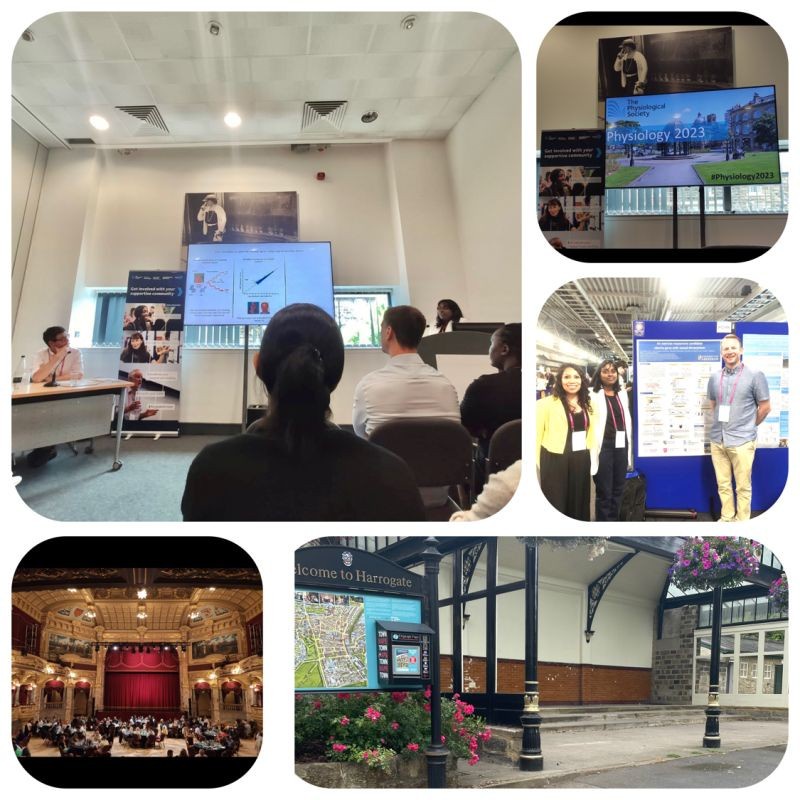
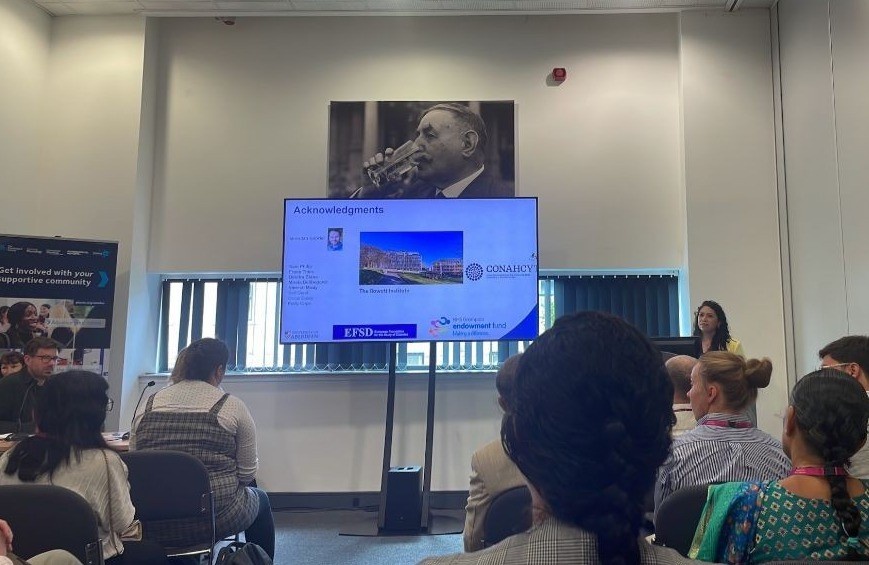
- Our team presented data at Physiology 2023 in the spa town of Harrogate. Both PhD students presented talks at the conference.
It was a pleasure to share the work of our lab and my previous work at the
- American Diabetes Association’s 82nd Scientific Sessions, June 3-7 2022, in New Orleans, LA, USA
And the
- EASO’s 29th annual European Congress on Obesity, 4-7 May 2022, Maastricht, Netherlands.
You can still access my talks if you were a registered delegate at either conference.
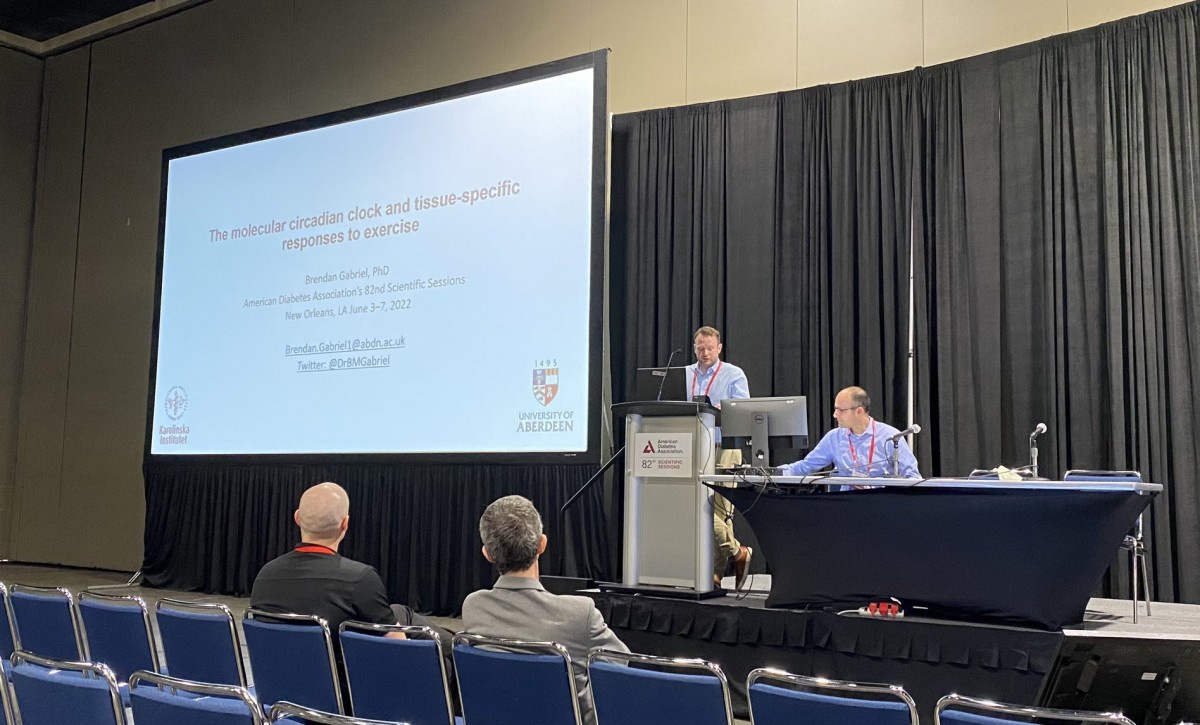
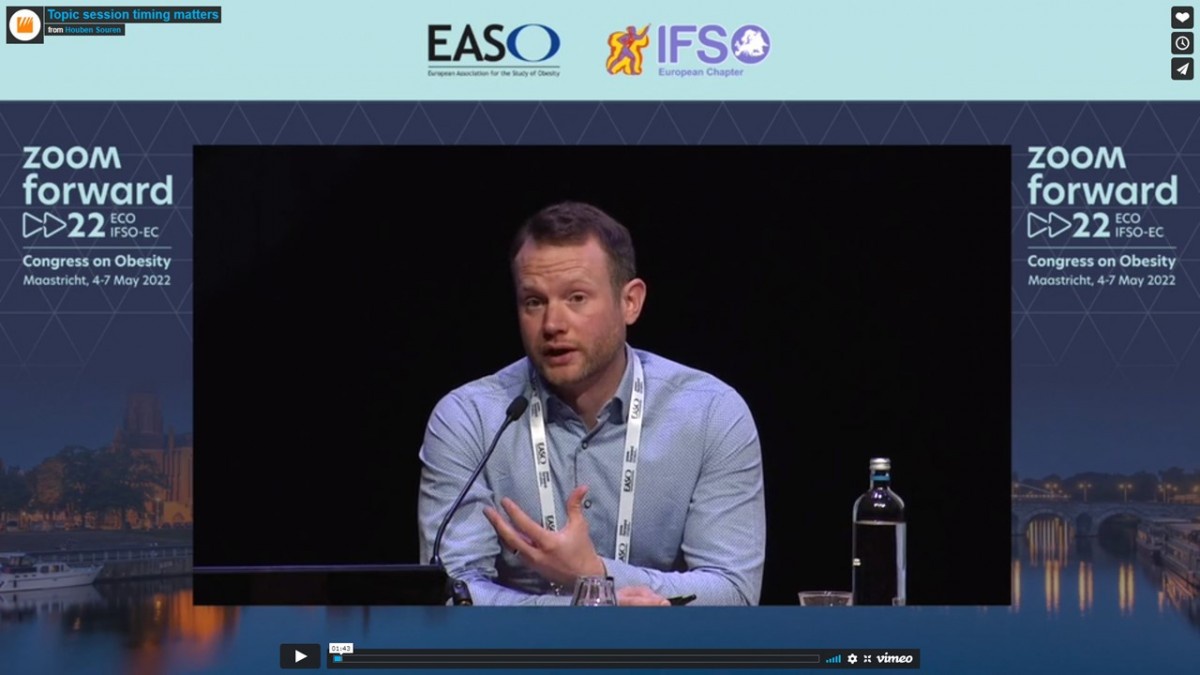
Knowledge Exchange
Bucksburn Academy Sleep Project
December 2023- It was a pleasure to speak to high school students at Bucksburn Academy about Sleep and Circadian rhythms for their research project this term!

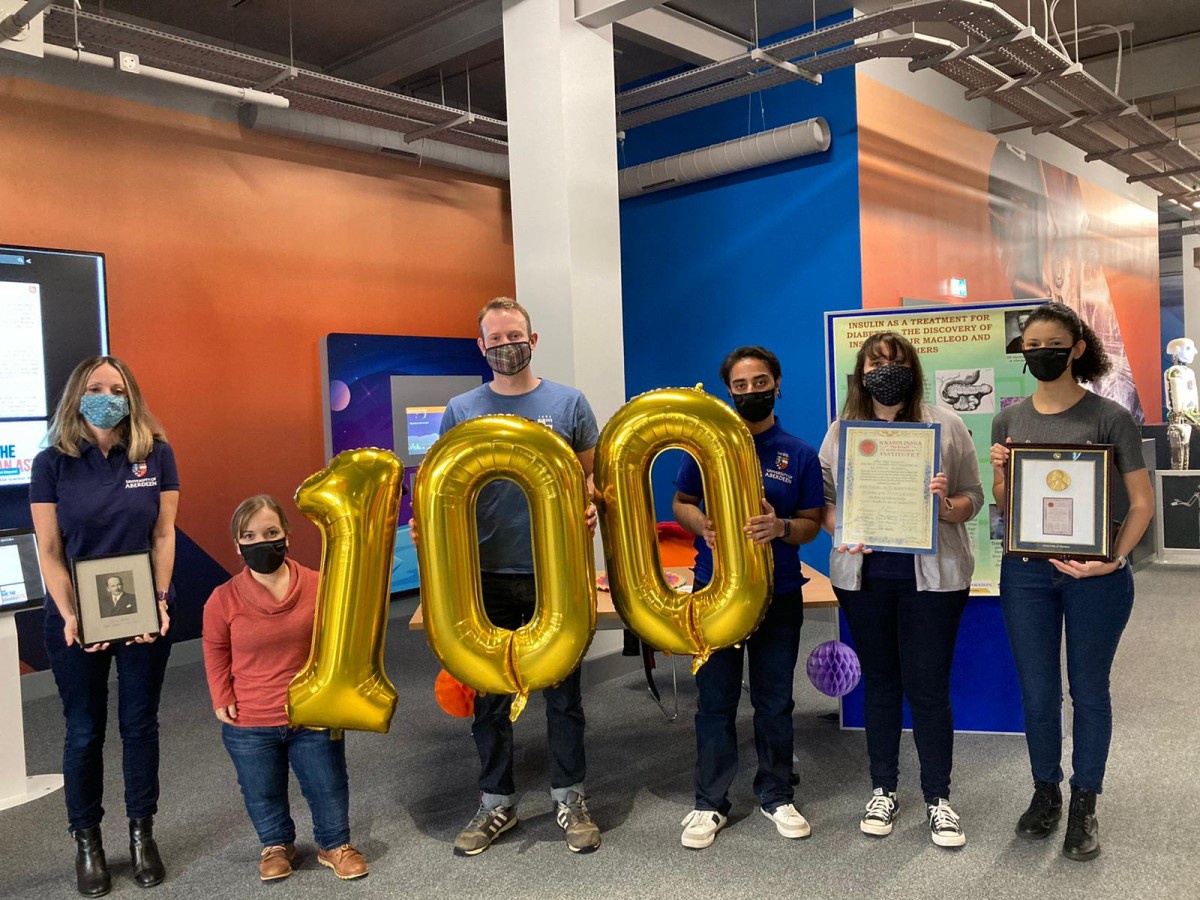
Centenary of discovery of insulin event - Aberdeen Science Centre 2021
A group of scientists from the University of Aberdeen and I conducted 2 weekend events to celebrate the centenary of the discovery of insulin in collaboration with the Aberdeen Science Centre and TechFest. I received funding from The Physiological Society to conduct a bespoke event to demonstrate the latest glucose monitoring technology to the public. Most of the volunteers are also STEM Ambassadors.
You can hear me discuss the centenary of discovery of insulin in this podcast:
https://www.youtube.com/watch?v=BH92giTvjBc&ab_channel=TechFestAberdeen
Men's Fitness 2021 - When is the best time to work out?
I contributed to an article in Men's Fitness, you can read it here:
https://mensfitness.co.uk/fitness/when-is-the-best-time-to-work-out/
Collaborations
Internal
Prof Frank Thies
Dr Dimitra Blana
Prof Lora Heisler
Prof Mirela Delibegovic
Dr Nimesh Mody
Prof Alexandra Johnstone
Dr George McIlroy
Dr Madalina Neacsu
Dr Arimantis Lionikis
Dr Guy Bewick
Prof Jules Griffin
External
NHS Grampian
Prof Juleen Zierath, Karolinska Institutet
Prof Anna Krook, Karolinska Institutet
Prof Johanna Lanner, Karolinska Institutet
Dr David Rizo Roca, Karolinska Institutet
Prof Nik Morton, Nottingham Trent University
Prof Simon Horvat, University of Ljubljana
Dr Nejc Umek, University of Ljubljana
Prof Cora Weigert, University of Tuebingen
Prof Jorgen Wojtaszewski, University of Copenhagen
Dr Rasmus Kjobsted, University of Copenhagen
Supervision
My current supervision areas are: Biomedical Sciences.
Current

Rashmi Siva Sengh - PhD Student (2022-2025)
Rashmi is an Elphinstone Scholarship supported PhD student in my lab with co-supervision by Prof Mirela Delibegovic. Rashmi is working on a project identifying novel skeletal muscle targets within the aetiologies of obesity and diabetes

Brenda Pena Carrillo - PhD student (2021-2025)
Brenda is a Mexican CONACyT scholarship funded PhD student in my lab with co-supervision by Dr Nimesh Mody, and Prof Mirela Delibegovic. Brenda is working on the interaction between metformin, exercise and skeletal muscle metabolism.

Lara Dasar - PhD Student (2024-2028)
Lara is an EASTBIO funded PhD student. Her research focusses on the timing of exercise, health outcomes and the influence of the menstrual cycle.

Sati Gürel - Visiting PhD student (2024)
Sati is a visiting PhD student from Gazi University in Turkey supported by the Scientific and Technological Research Council of Turkey. Subsequently, she will return to complete her doctoral studies.
- I also supervise annual MSc & BSc projects
Previous

Bastian Duquesne - Hotstart Summer Student (June-August 2023)
Bastian completed his HotStart summer studentship with me and will now go on to complete his BSc degree at the University of Aberdeen.
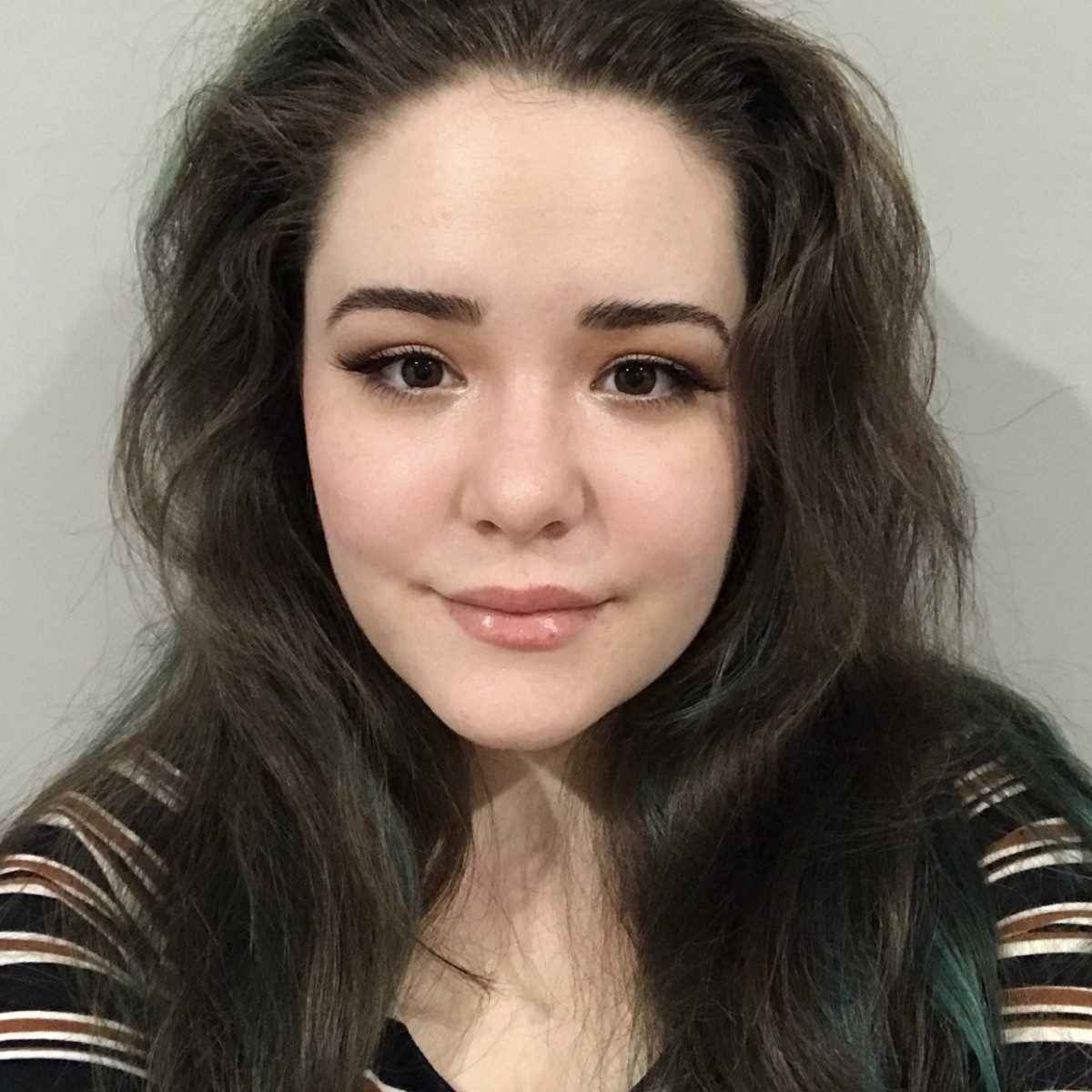
Flora Alapy - EASTBIO Research Experience Intern (June-August 2022)
Flora is an EASTBIO funded Widening Participation Research Experience Placement intern. She will go on to complete her BSc degree at the University of Aberdeen.
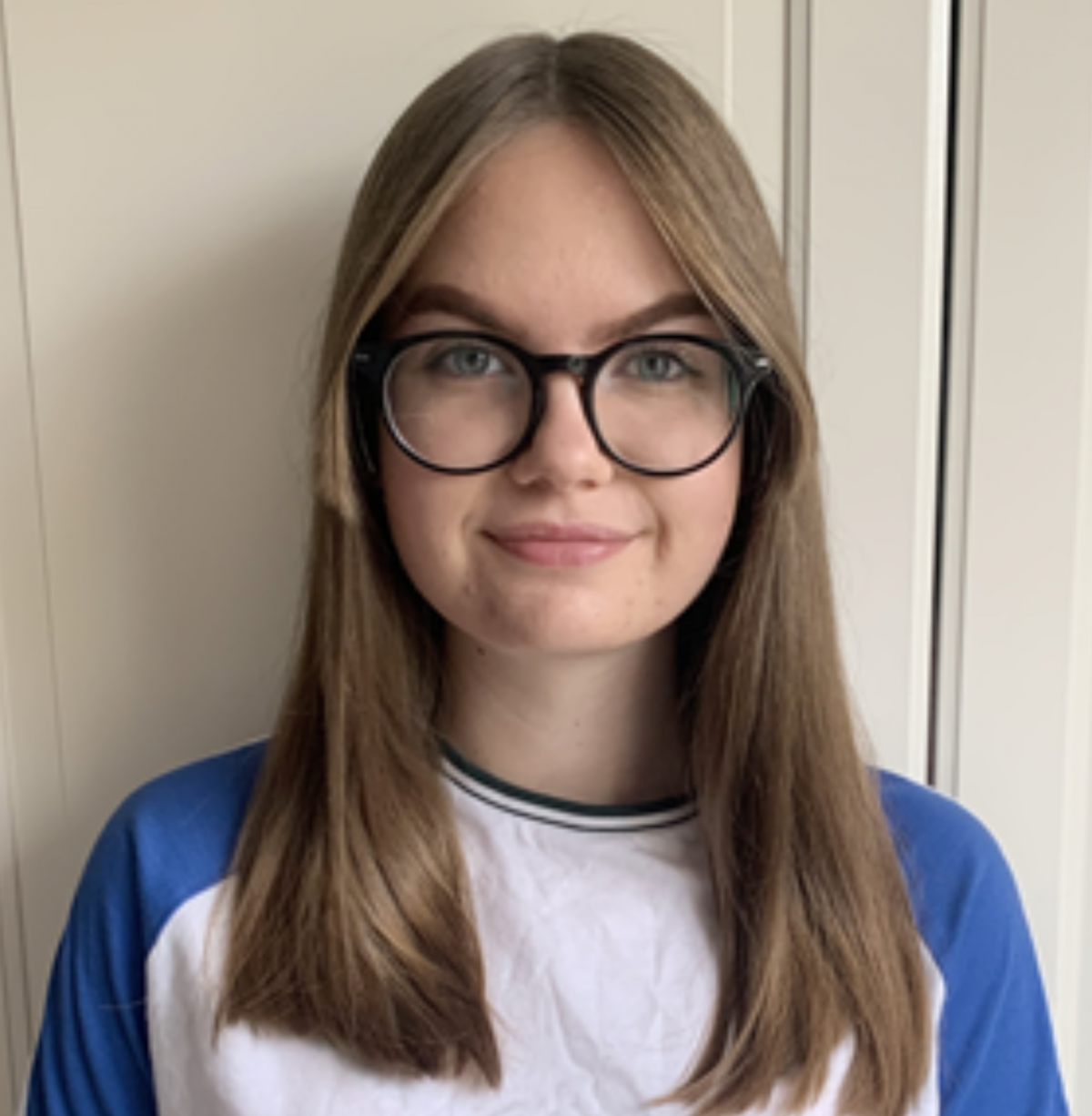
Rebecka Bornhall - Summer studentship (June-August 2022)
Rebecka is a BSc (Hons) Mathematical Biology student who has just finished her second year at the University of Dundee. She joined the team for the months of June and July to strengthen her skills in data analysis. She has gone on to finish her studies at the University of Dundee

Nadine Sommer - Research Assistant (May-July, 2021)
Nadine worked on a short-term project funded by the Scottish Funding Council in summer 2021 before moving to Dr Justin Rochford's lab to begin a PhD within the University of Aberdeen.
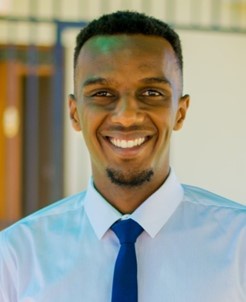
Louis Kimanzi - Summer vacation student (May-July, 2021)
Louis worked on a project as a summer vacation student funded by The Physiological Society. He subsequently went on to complete his undergraduate degree at the University of Edinburgh.

Emily Cope - MSc student and volunteer (May-December, 2021)
Emily completed her MSc thesis project in my lab after which she continued to volunteer on a part-time basis. She went on to start a fully-funded MRes with Dr Dawn Thompson at the University of Aberdeen.
Funding and Grants
BBSRC, Project Grant [Project Co-Lead] (2025-2028), £707,296
EASTBIO (BBSRC) DTP PhD Studentship [PI] (2024-2028), £94,368
British Heart Foundation, Non-clinical PhD Studentship [Co-I] (2024-2027), £115,309
Tenovus Scotland Pilot Research Grant [PI] (2022-2023), £12,000
Mexican CONNACyT PhD scholarship [PI] (2021-2025)
Novo Nordisk Foundation - Postdoc Fellowship [PI] - NNF19OC0055072 (2020-2024), ~£460,000
European Foundation for the Study of Diabetes (EFSD)/Lilly - Young Investigator Research Award Programme [PI] (2020-2022), €50,000
NHS Grampian Endowment Fund - Research Grant [PI] (2021), £12,000
Scottish Funding Council (SFC) Covid-19 grant extension fund (Internal) [PI] (2021), £12,000
- Teaching
-
Teaching Responsibilities
My goal in teaching is to link our cutting-edge research programme to important academic and vocational outcomes for students. This means using modern technology and practices in practicals and research projects and also exploring our latest findings in order to understand the biology behind our research.
I am Programme Leader for the Sport and Exercise Nutrition MSc:
I also teach on the following courses:
MSc Human Nutrition - Molecular Nutrition (RN5502)*
MSc Diabetes and Metabolism (BM5502)
BSc Sport & Exercise Science - Nutrition, Obesity and Metabolic Health (SR4008)
MSc Assessment of Nutritional Status (RN5008)
MSc Fundamentals of Human Nutrition and Metabolism (RN5001)
*Course Co-ordinator
- Publications
-
Page 3 of 3 Results 21 to 30 of 30
Low Citrate Synthase Activity Is Associated with Glucose Intolerance and Lipotoxicity
Journal of Nutrition and Metabolism, vol. 2019, 8594825Contributions to Journals: ArticlesAfternoon exercise is more efficacious than morning exercise at improving blood glucose levels in individuals with type 2 diabetes: a randomised crossover trial
Diabetologia, vol. 62, pp. 233-237Contributions to Journals: ArticlesAMPK activation negatively regulates GDAP1, which influences metabolic processes and circadian gene expression in skeletal muscle
Molecular Metabolism, vol. 16, pp. 12-23Contributions to Journals: ArticlesH55N polymorphism is associated with low citrate synthase activity which regulates lipid metabolism in mouse muscle cells
PloS ONE, vol. 12, no. 11, pp. 1-20Contributions to Journals: ArticlesThe Limits of Exercise Physiology: From Performance to Health
Cell Metabolism, vol. 25, no. 5, pp. 1000-1011Contributions to Journals: Articles- [ONLINE] DOI: https://doi.org/10.1016/j.cmet.2017.04.018
The Hippo signal transduction network for exercise physiologists
Journal of applied physiology (Bethesda, Md. : 1985), vol. 120, no. 10, pp. 1105-1117Contributions to Journals: Articles- [ONLINE] DOI: https://doi.org/10.1152/japplphysiol.01076.2015
- [ONLINE] http://europepmc.org/articles/PMC4867322
The Effect of Fish Oil, Vitamin D and Protein on URTI Incidence in Young Active People
International Journal of Sports Medicine, vol. 36, no. 5, pp. 426-430Contributions to Journals: Articles- [ONLINE] DOI: https://doi.org/10.1055/s-0034-1394464
The effect of high intensity interval exercise on postprandial triacylglycerol and leukocyte activation - monitored for 48h post exercise
PloS ONE, vol. 8, no. 12, e82669Contributions to Journals: ArticlesFish oil supplementation augments post-exercise immune function in young males
Brain, Behavior, and Immunity, vol. 26, no. 8, pp. 1265-1272Contributions to Journals: Articles- [ONLINE] DOI: https://doi.org/10.1016/j.bbi.2012.08.002
- [OPEN ACCESS] http://aura.abdn.ac.uk/bitstream/2164/3021/1/GrayetalBBI.docx
High-intensity exercise attenuates postprandial lipaemia and markers of oxidative stress
Clinical Science, vol. 123, no. 5, pp. 313-321Contributions to Journals: Articles- [ONLINE] DOI: https://doi.org/10.1042/CS20110600
